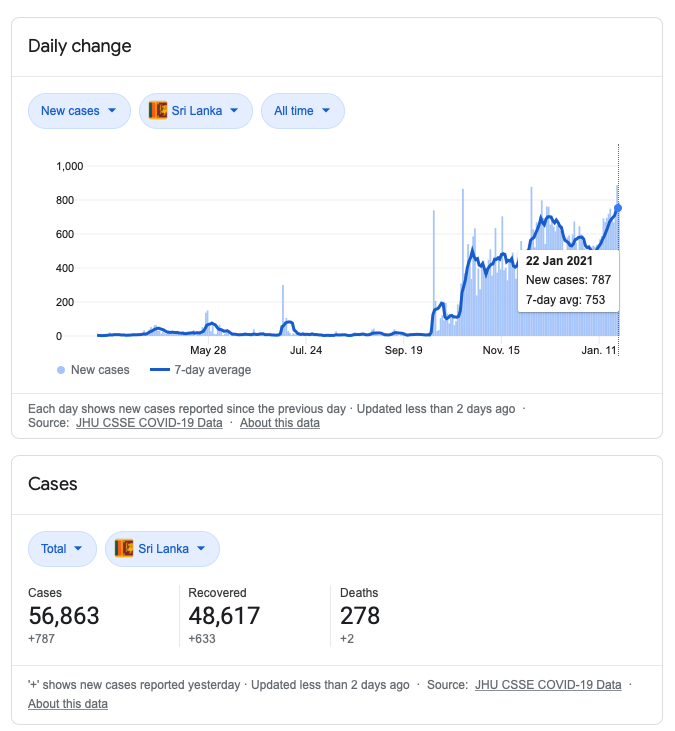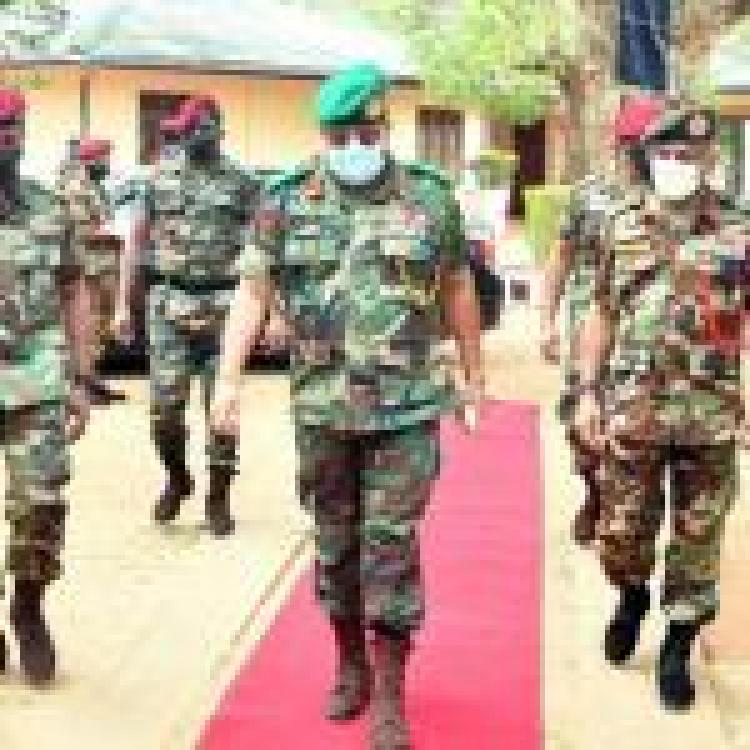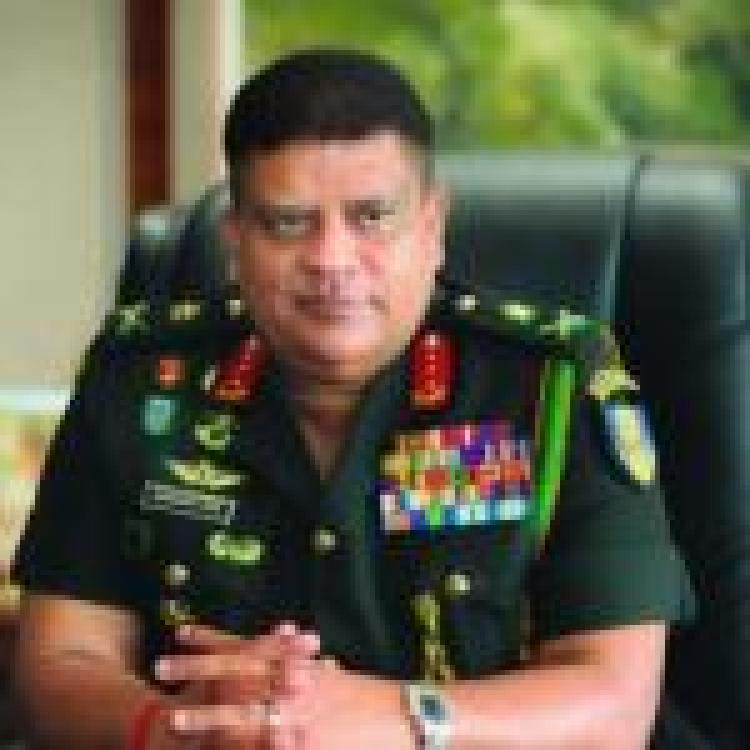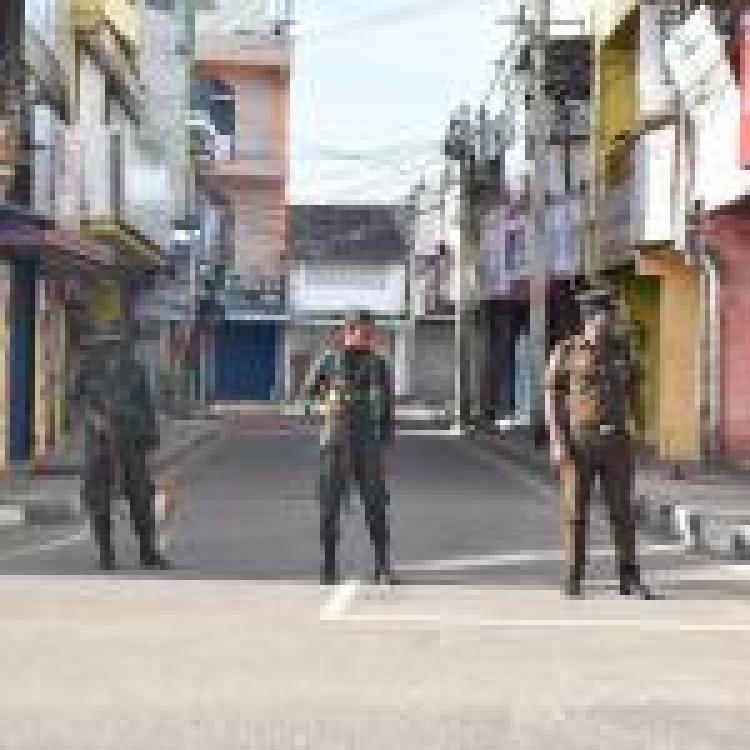Sri Lanka has officially reopened its airports for international travel, despite recent criticism over Sri Lanka’s covid response and the continued rise of COVID-19 cases on the island.
The island's airports will reopen for the first time in 10 months, with Kimarli Fernando, the chairperson of the Sri Lanka Tourism Development Authority, claiming “as we open our doors to the world once again, we have pulled out all the stops, ensuring that every precautionary measure has been set in place to make the island getaway as safe, secure, and serene as possible for the visitors.”
As of 22 January, Sri Lanka has 56,863 confirmed COVID-19 cases and 278 reported deaths. Further, COVID-19 cases have been steadily rising since 9 January 2021.

Sri Lanka's Heavily Criticized Covid Response
Sri Lanka’s coronavirus task force is led by Sri Lankan army commander and accused war criminal Shavendra Silva. Silva has no public health experience and is also currently banned from travelling to the US for his role in overseeing war crimes and human rights abuses.
Silva's militarised COVID-19 response prompted a lot of concern, including from the International Truth and Justice Project, which stated, “Sri Lanka has an alleged war criminal heading its COVID-19 response, who served in the same army regiment as the President, raising questions about transparency, accountability and oversight.”
The International Commission of Jurists Asia & the Pacific Programme, also went on to criticize Sri Lanka's militarized covid-19 response stating, “in Sri Lanka now, there is no public discussion or transparency about the actions and decisions of the military during the COVID-19 response. All decisions related to the public health crisis are being made by the NOCPCO with Silva at the helm.”
Sri Lanka has also been criticized for a recent spectacle that saw several Sri Lankan politicians drinking an alleged ‘COVID-19 cure tonic.’ Following the heavily publicized event, thousands flocked to Kegalle, breaking social distancing regulations, to procure the unapproved tonic.
The event gained international intention, and Ambika Satkunanathan, a former member of the Sri Lanka Human Rights Commission (HRCSL), highlighted the Sri Lankan police's inconsistent application of pandemic regulations to crackdown on Tamil protests.



